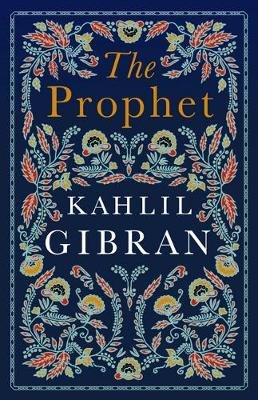Khalil Gibran’s “The Prophet” is one of the most important books in my life. It is an extraordinary work, filled with timeless truths that speak to the heart regardless of the era, place in the world, or cultural differences. In simple yet profoundly deep words, Gibran describes the universal aspects of human existence — love, freedom, suffering, joy, and the passage of time. Each chapter is like a pearl of wisdom, enchanting with its clarity and the beauty of its message.
“The Prophet” tells the story of the sage Almustafa, who, after many years spent in exile, prepares to return to his homeland. Before he departs, however, the townspeople ask him to share his knowledge about the most important aspects of life. Almustafa answers their questions, speaking about love, marriage, children, work, freedom, joy and sorrow, beauty, religion, death, and many other fundamental topics.
For example, in the chapter on love, Gibran portrays it as a force that both elevates and wounds, teaching us the deepest lessons. In the section on work, he emphasizes that work is a form of love made visible, and through it, one fulfills their spiritual nature. When writing about freedom, he reminds us that true freedom is not about escaping bonds, but about consciously and fully transcending them.
Although “The Prophet” does not directly reference systems such as Human Design or Gene Keys, each message in the book and each aspect of life it touches beautifully aligns with the journey of understanding the nature of life, discovering oneself, and uncovering one’s unique path. Gibran’s wisdom touches the same truths that we encounter in the work of self-awareness, recognizing our own patterns and destiny.
Particularly moving is the section concerning the ending — the moment of the Prophet’s departure. When reading these passages, I imagine my own soul’s journey — the moment when we complete our earthly experience, close the cycle of karmic lessons tied to the Earth, and return to the source from which we came. Gibran describes, in a delicate and exalted way, what for many remains an unspeakable mystery: the peaceful acceptance of the end and at the same time, the beginning of a new, higher stage of existence.
“The Prophet” is, to me, a guide for the soul, a reminder of what truly matters, and proof that true wisdom is eternal and timeless. It does not depend on any philosophy or “system.”
